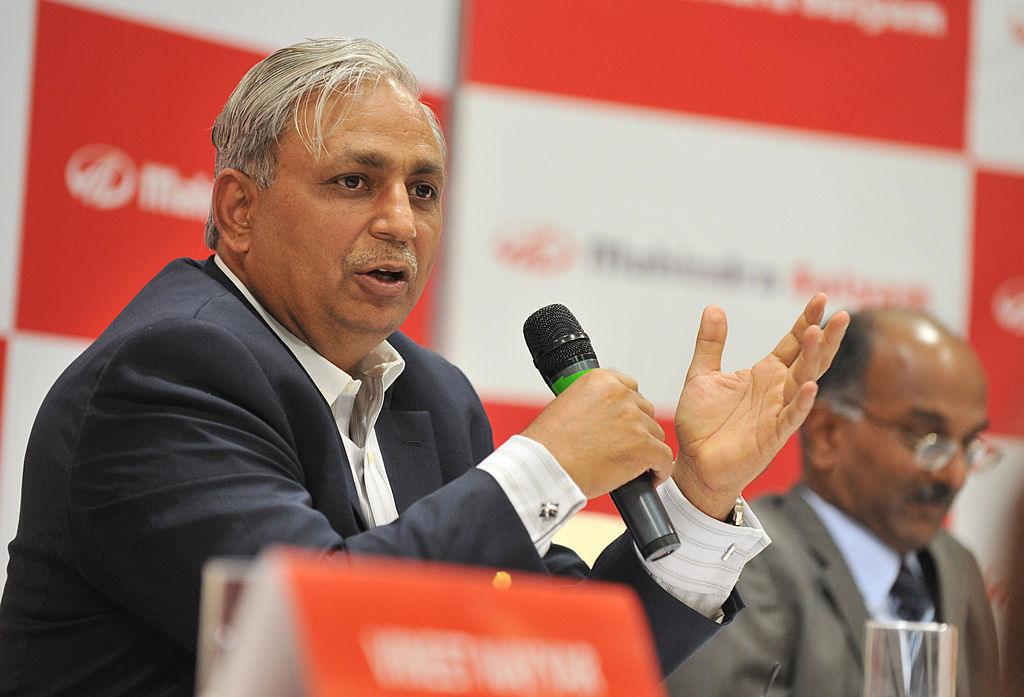- Tuesday, April 22, 2025
Gurnani, one of the longest-serving CEOs in the $245-billion Indian information technology sector, emphasized that skilled individuals will not be replaced.

By: Shubham Ghosh
THE departing CEO of Tech Mahindra, CP Gurnani, expressed the view that generative artificial intelligence (AI) technology has the capacity to generate more employment than it might displace, despite widespread discussions on social media about its potential negative impact on the job market.
In an interview with Reuters, he said the use cases of generative AI are still being defined, which suggests that it has the potential to generate more employment in the future.
“Undoubtedly, the possibilities are just opening, and there is more to come,” he was quoted as saying.
Read: AI can’t mimic our creativity: Anoushka Shankar
AI technologies such as OpenAI’s ChatGPT and Google’s Bard have gained significant attention over the past year for their remarkably human-like responses and the capability to generate diverse content, ranging from novels and poems to intricate computer code.
Read: Pakistan: Imran Khan uses AI-crafted speech to call for votes
Despite discussions among leading industry executives about the potential displacement of approximately a third of jobs due to the influence of these technologies, Gurnani, one of the longest-serving CEOs in the $245-billion (£194 billion) Indian information technology (IT) sector, emphasized that skilled individuals will not be replaced.
Gurnani is scheduled to retire on Tuesday (19).
New jobs will also get created. The market will expand,” he said, aligning with voices like Infosys co-founder NR Narayana Murthy, who firmly stated that the displacement of coders by Generation AI tools like ChatGPT will “never happen”.
Gurnani also advised young engineers to adapt to the changing world and focus on learning new skills independently.
“Infosys or Tech Mahindra setting up learning campuses, those days are over,” he added.
Infosys has one of the world’s largest corporate training centres in Mysuru, a city in the southern Indian state of Karnataka.
For Indian IT companies, this could mean a fundamental shift in their operational model.
Traditionally, companies hired graduates from campuses and provided training before deploying them on projects.
Two months ago, Infosys unveiled plans to abstain from near-term campus recruitments, while cross-town rival Wipro said it would engage in campus hiring only after “onboarding” the candidates to whom it had made offers.
(With Reuters inputs)